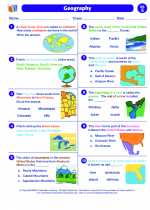Healthcare
Healthcare refers to the maintenance or improvement of health through the prevention, diagnosis, treatment, and recovery of illness, disease, injury, and other physical and mental impairments in individuals. It encompasses various services provided by medical professionals, healthcare facilities, and organizations to ensure the well-being of individuals and communities.
Key Concepts
- Healthcare Systems: Different countries have varying healthcare systems, including public, private, and mixed systems. These systems determine how healthcare services are financed, delivered, and accessed by the population.
- Healthcare Providers: Healthcare services are delivered by a range of professionals, including doctors, nurses, pharmacists, therapists, and other allied health professionals.
- Healthcare Facilities: These include hospitals, clinics, long-term care facilities, and other healthcare institutions that provide medical treatment and care to patients.
- Health Insurance: Many individuals and families rely on health insurance to help cover the costs of healthcare services and medications.
- Public Health: This focuses on promoting and protecting the health of entire populations through initiatives such as disease prevention, health education, and policy development.
- Healthcare Challenges: Issues such as access to care, healthcare disparities, rising costs, and the aging population present challenges to the healthcare system.
Study Guide
1. What are the key components of a healthcare system?
The key components of a healthcare system include:
- Healthcare providers
- Healthcare facilities
- Health insurance
- Public health initiatives
2. How do healthcare systems differ across countries?
Healthcare systems can differ in terms of financing, delivery, and access to services. Some countries have universal healthcare, while others rely on private insurance and out-of-pocket payments.
3. What role does public health play in healthcare?
Public health focuses on promoting and protecting the health of entire populations through initiatives such as disease prevention, health education, and policy development.
4. What are some of the challenges facing the healthcare system?
Challenges include access to care, healthcare disparities, rising costs, and the aging population.
.◂Social Studies Worksheets and Study Guides Fifth Grade. Geography
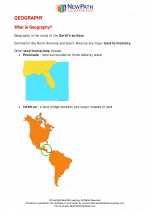
 Worksheet/Answer key
Worksheet/Answer key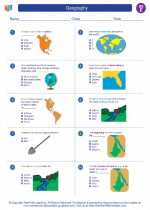
 Worksheet/Answer key
Worksheet/Answer key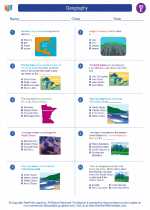
 Worksheet/Answer key
Worksheet/Answer key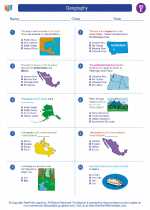
 Worksheet/Answer key
Worksheet/Answer key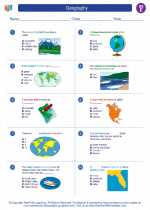
 Worksheet/Answer key
Worksheet/Answer key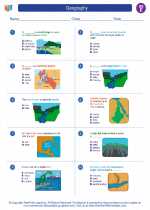
 Worksheet/Answer key
Worksheet/Answer key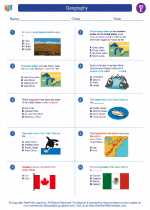
 Worksheet/Answer key
Worksheet/Answer key